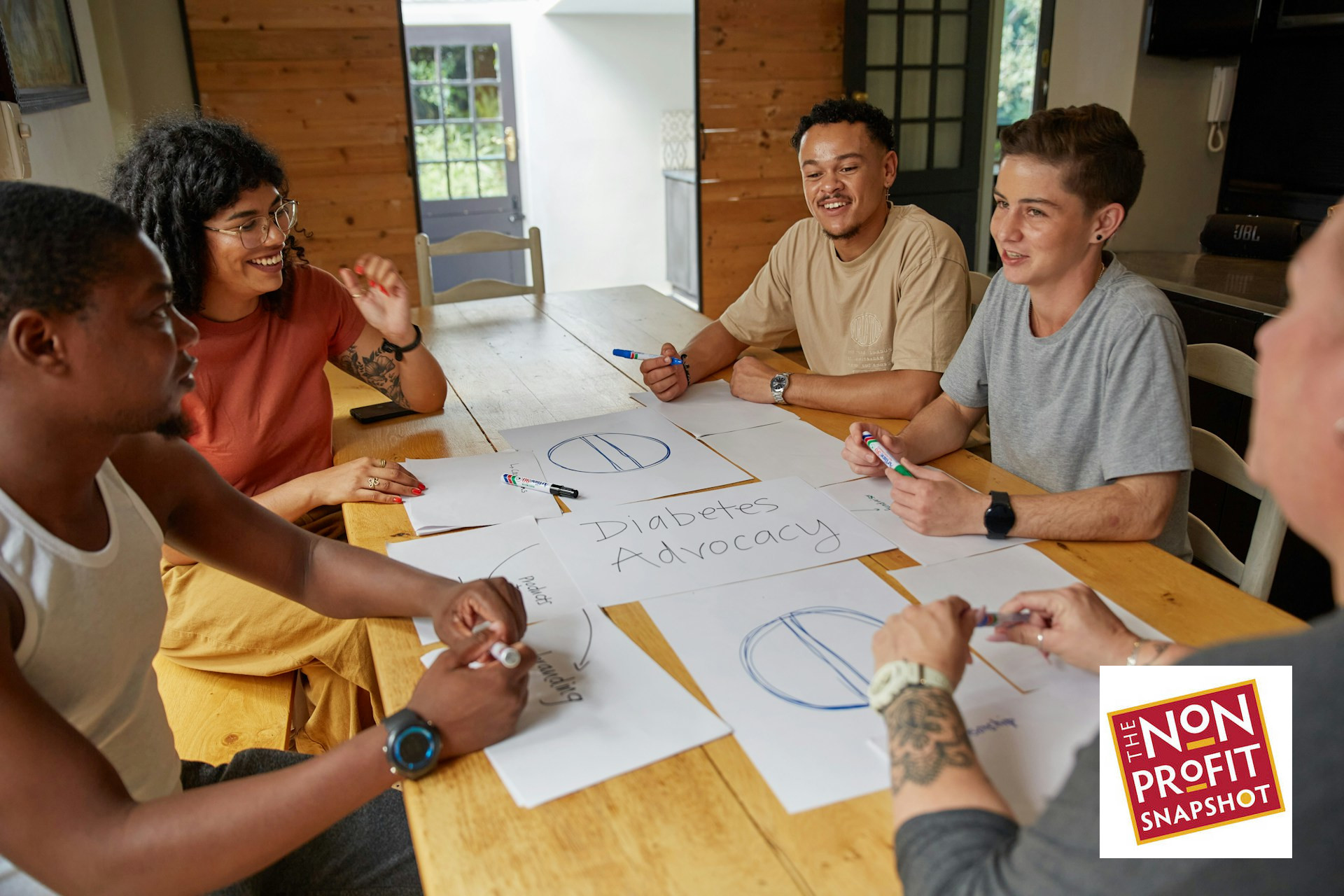The 2024 election is upon us, and I hope you and your nonprofit organizations have taken advantage of this critical opportunity to engage with their communities, address pressing concerns, and enhance civic participation. However, it's essential to navigate the fine line between advocacy and electioneering. By focusing on community needs and fostering collaborations, nonprofits can play a vital role in promoting informed voter engagement without crossing legal boundaries.
Understanding Community Needs
One of the foremost responsibilities of nonprofits is to be attuned to the unique needs and concerns of the communities they serve. During election seasons, these needs can become particularly pronounced, often manifesting in issues such as voter suppression, misinformation, and access to resources. For instance, marginalized communities may face barriers to voting, such as restrictive ID laws, reduced polling places, or inadequate access to information.
Nonprofits can address these challenges by providing nonpartisan voter education. This includes disseminating clear information about registration deadlines, voting locations, and the voting process itself. Organizing workshops or community forums can empower residents to make informed decisions and encourage civic participation.
Furthermore, misinformation can spread rapidly during elections, creating confusion and fear. Nonprofits have a responsibility to combat this by sharing factual, evidence-based information. This can involve creating resources that debunk common myths about the electoral process or providing platforms for open discussions about candidates’ positions on issues relevant to the community.
By actively addressing these community needs, nonprofits not only fulfill their missions but also enhance their reputations as trusted sources of information and support.
The Power of Collaborations
In the realm of advocacy, collaboration can significantly amplify outreach and impact. Partnering with other organizations—whether they are fellow nonprofits, grassroots groups, or local businesses—can enhance credibility and broaden reach. Collaborative efforts can also help streamline resources, allowing organizations to combine their expertise and networks to address community needs more effectively.
For example, nonprofits can join forces to host voter registration drives, leveraging each organization’s strengths to attract a diverse audience. By pooling resources, they can create more extensive campaigns that reach underrepresented populations, ultimately fostering a more inclusive democratic process.
Collaborations can also extend beyond immediate election-related activities. Nonprofits can work together year-round to educate communities about civic engagement, social justice, and the importance of informed voting. Establishing long-term partnerships creates a foundation for trust and ongoing dialogue, further positioning organizations as reliable advocates for their communities.
Additionally, engaging with local leaders and influencers can enhance the effectiveness of these collaborative efforts. By involving trusted figures within the community, nonprofits can facilitate discussions that resonate more deeply with residents, encouraging them to participate in the electoral process.
Balancing Advocacy and Electioneering
While nonprofits are encouraged to engage in advocacy, it’s crucial to remain aware of the legal distinctions between advocacy and electioneering. Advocacy involves promoting specific issues, policies, or social causes, whereas electioneering refers to supporting or opposing candidates for office. Nonprofits can advocate for policies that address community needs without endorsing candidates, thereby maintaining their tax-exempt status and remaining compliant with IRS regulations.
As organizations navigate this complex landscape, clear communication about their roles can help manage expectations among stakeholders. It’s vital to articulate that while nonprofits are committed to fostering civic engagement and addressing community issues, they are not advocating for particular candidates. This transparency will bolster trust with supporters and community members alike.
Navigating Advocacy
In the lead-up to the 2024 election, nonprofits have a unique opportunity to make a significant impact by being responsive to community needs and fostering collaborations. By focusing on voter education and combating misinformation, nonprofits can empower their communities to participate in the electoral process. Meanwhile, strategic partnerships can enhance outreach, build credibility, and ensure that diverse voices are heard. As organizations embrace their role as advocates for civic engagement, they can contribute to a more informed electorate and a healthier democracy.
